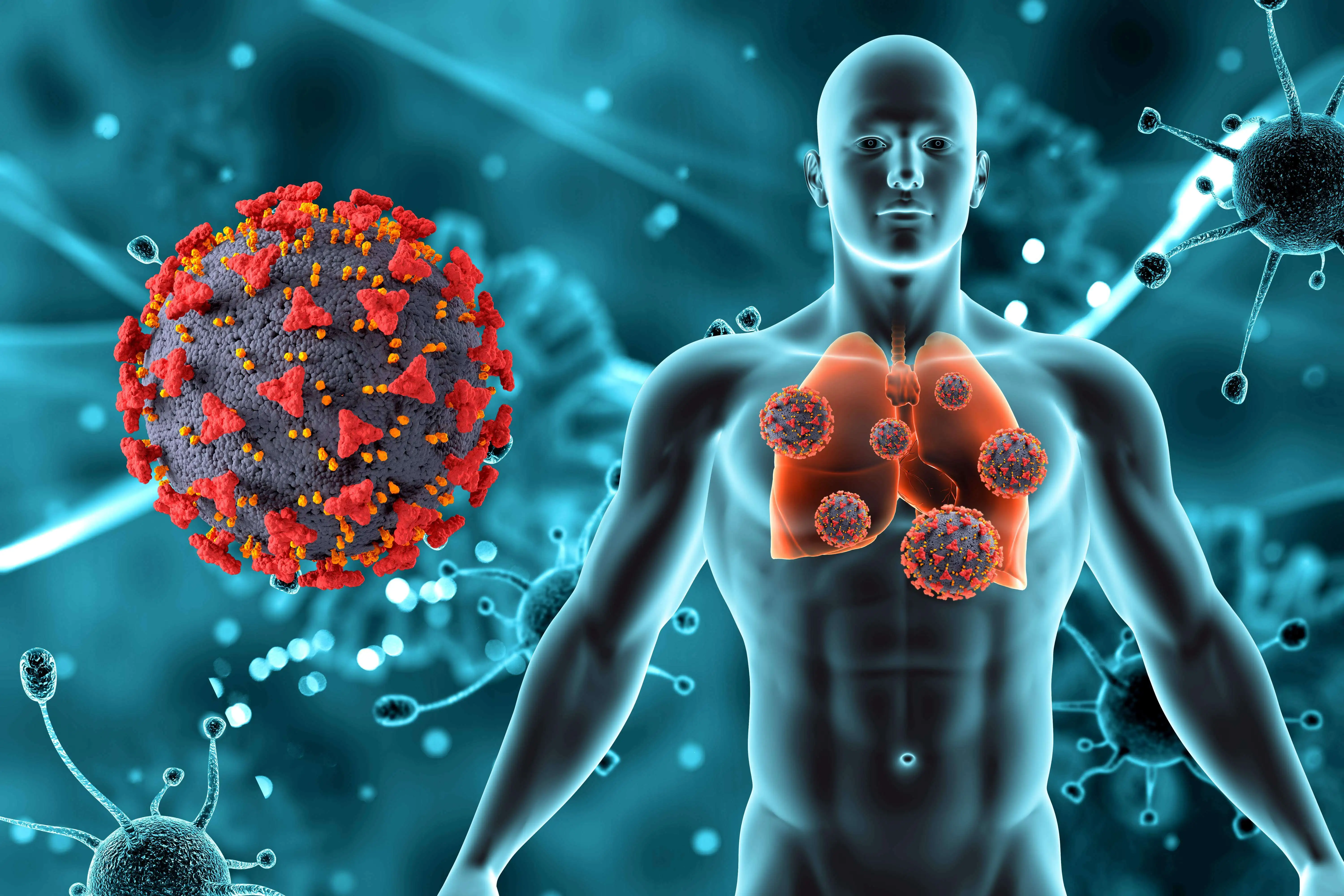Discover the elusive Human Metapneumovirus: Learn about this unnoticed respiratory virus and stay informed about its risks and symptoms.
Everyone was focused on diseases like flu and RSV during the winter months However, Americans may have missed a vital pathogen called Human metapneumovirus, also known as hMPV.
The Centers for Disease Control and Prevention this week announced an increase in the number of cases of hMPV across the country during the season of winter and spring experts believe this could be due to an increase in people’s capacity to detect different viruses.
Dr. Rick Malley, an infectious disease expert at Boston Children’s Hospital, stated that “there is a much greater focus on identifying the cause of (infections) than we’ve ever had.”
He attributes that focus to the COVID-19 epidemic.
I think that you’re hearing more about this particular virus because the importance of other viruses and the diseases they cause have diminished, the speaker continued.
This article will provide all the information you need regarding the virus-causing respiratory illness that was through the air this year with regard to symptoms and transmission and treatment.
What is Human Metapneumovirus, also known as hMPV?
Human metapneumovirus, also known as hMPV, is an infection that is affecting those with the respiratory and respiratory tract in the words of the CDC. While it can affect anyone of all ages, the agency declares that young children, elderly adults, and those with weak immune systems are more at risk.
According to the CDC, HMPV is a member of the Pneumoviridae family, which also includes breathing syncytial viruses, and was first discovered in 2001.
Human Metapneumovirus is just the Result of a Cold? What are the Symptoms of hMPV?
The American Lung Association states that mild symptoms resembling a cold are the norm for people with hMPV. For healthy people, symptoms typically last two to five days and disappear on their own.
The CDC suggests that the most common symptoms are:
- Cough
- Fever
- Nasal congestion
- Breathlessness
Young children, elderly adults, and those who have weak immune systems are at a higher risk of getting more severe illnesses and can suffer from asthmatic wheezing, breathing difficulties, and the occurrence of asthma-related flare-ups.
The American Lung Association reported that secondary illnesses, such as bronchiolitis, bronchitis, and pneumonia, can also be present and may require medical attention.
Read, FDA Approves Paxlovid for High-Risk Adult Covid Treatment
What is the Human Metapneumovirus Spread?
As with other respiratory viruses, hMPV is typically spread from person to person via:
- Contact with an infected person
- Coughing
- Sneezing
- In the event of touching objects, you’ll get the virus
The CDC states that this virus is most likely to spread in the winter and spring, just like RSV, the flu RSV and cold-related viruses.
Do you require Antibiotics to Treat Human Metapneumovirus?
There is no treatment for antiviral for hMPV or a vaccine to stop the infection according to the CDC.
Because symptoms of hMPV typically resolve without treatment, however, they are not a cause for concern. American Lung Association says treatment generally consists of medications available over-the-counter to manage fever, pain, and congestion.
Medical attention is recommended for patients who experience more severe symptoms, such as wheezing. A doctor can prescribe an inhaler for a short period and steroids as per the American Lung Association.
Malley explained that antibiotics are used to treat infections caused by bacteria, but not viral ones. However, HMPV is associated with an increased risk of developing pneumonia caused by bacterial bacteria, which doctors typically treat with antibiotics.
“This virus may be a very important co-conspirator in causing pneumonia, particularly pneumococcal pneumonia,” the physician stated. “Just because a person has a virus doesn’t necessarily mean that there isn’t a bacterium nearby.”
Read, AstraZeneca’s COVID Antibody Protects Immune-Compromised











